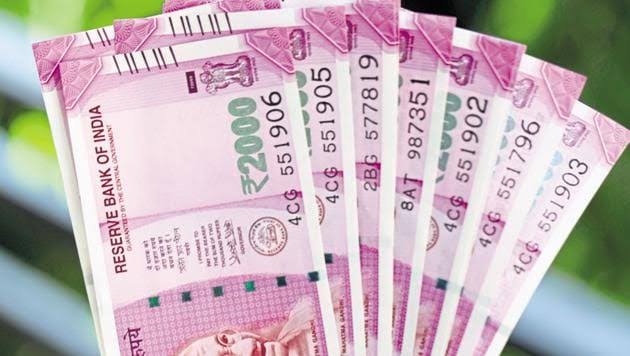In the aftermath of the Reserve Bank of India’s decision to withdraw Rs 2,000 notes from circulation, cash payments at fuel stations have experienced a significant surge. The increased usage of Rs 2,000 notes for purchasing petrol and diesel has caused a notable shift in payment preferences among consumers. The All India Petroleum Dealers Association has reported a drastic change, with the share of Rs 2,000 notes in cash transactions at fuel stations skyrocketing from a mere 10 percent prior to the RBI’s announcement to an overwhelming 90 percent.
Before the recent announcement, digital payments had been gaining traction in the fuel retail sector, accounting for approximately 40 percent of total sales at fuel pumps. However, in light of the withdrawal of Rs 2,000 notes, the popularity of digital transactions has dwindled, now representing only 10 percent of overall sales.
The shift towards cash payments and the decline of digital transactions have raised concerns among industry observers who had anticipated a continued growth in digital payment adoption. With this sudden reversal, stakeholders in the fuel retail sector may need to reassess their strategies and adapt to the changing consumer behavior.
The All India Petroleum Dealers Association has not provided specific reasons for the increased reliance on cash, but experts speculate that the temporary unavailability of Rs 2,000 notes in the market might have prompted consumers to use their existing notes for fuel purchases. Additionally, the convenience and familiarity associated with cash transactions could also contribute to this sudden shift.
This significant change in payment patterns has implications for both fuel station operators and customers. Fuel stations may need to adjust their operations to accommodate the increased volume of cash transactions, such as ensuring adequate cash handling facilities and implementing necessary security measures. On the other hand, customers may experience longer wait times or potential inconveniences arising from the cash-based transactions.
It remains to be seen whether this shift towards cash payments at fuel stations will be temporary or if it signals a broader trend in consumer behavior. As the Reserve Bank of India continues to monitor the situation, stakeholders in the fuel retail industry will closely observe developments and evaluate strategies to effectively respond to the evolving payment preferences of their customers.

